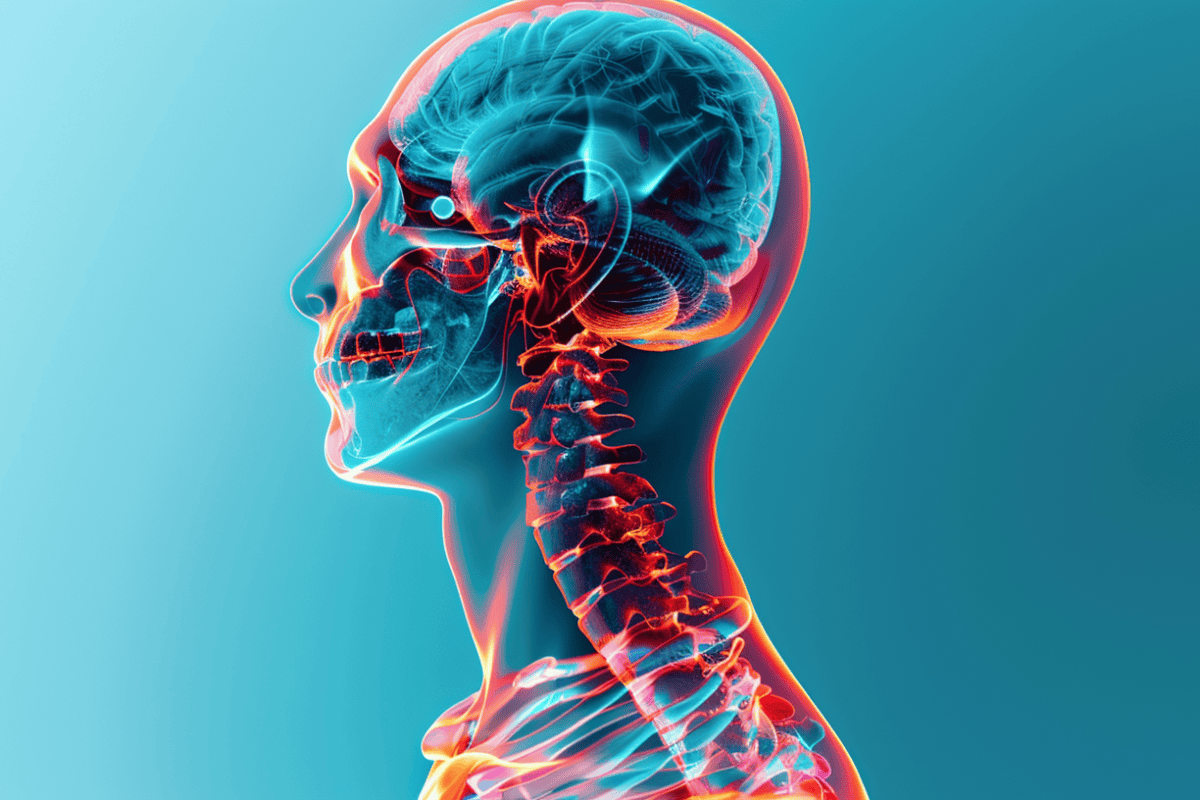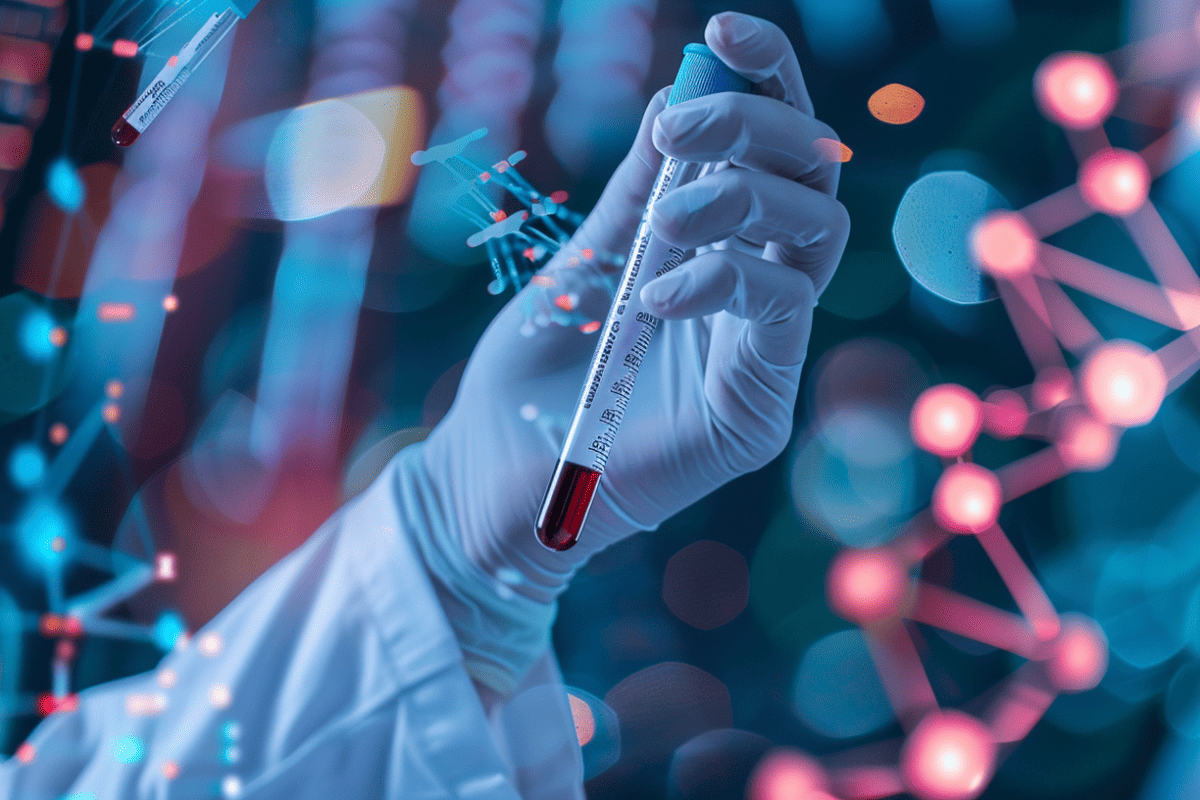With an aging and growing population, there is an ever-increasing need to find smarter and more efficient ways to deliver healthcare. To bring this about, healthcare professionals are turning to technology for answers, and there are four areas, in particular, that are bringing spectacular results. Here, we’ll look at how the Internet of Things (IoT), artificial intelligence (AI), blockchain, and RFID technology are helping to reshape healthcare in 2018.
The internet of Things is having an impact in many areas of our lives, so it’s no surprise that it is used by healthcare professionals. Being able to link the multitude of medical devices used every day to the internet so all the data they provide can be collected, analyzed, and stored in a central location can bring enormous benefits.
One example where this is happening is with the treatment of diabetes. Pharmaceutical giant, Roche, is currently developing a long-term glucose monitoring system which uses a sensor implanted below the patient’s skin. Using IoT technology, the sensor can send real-time blood glucose levels to an app on the patient’s smartphone. This helps the patient self-medicate effectively and thus reduces the burden on the healthcare system.
Other developments include a connected inhaler that is being used to help sufferers of chronic obstructive pulmonary
As the use of IoT continues, we’ll see more devices transmit results to healthcare providers. This can mean many everyday tasks, such as taking blood pressure and pulse rates, can be automated, giving nurses and doctors more time to concentrate on urgent matters.
2. Artificial Intelligence
AI has a great deal of potential in healthcare. It can undertake large volumes of work and the more data it gathers the smarter it gets. For example, it can analyze millions of samples in a short space of time and discover patterns that would have taken years by traditional analysis.
One area where AI is having an impact is in the development of virtual assistants for medical professionals. Dragon Medical Virtual Assistant, developed by Nuance, is used by half a million clinicians to streamline their workflows. The software used includes voice recognition technology, voice biometrics and text-to-speech, strategic
AI is also having an impact on more clinical matters. A new ‘virtual doctor’ known as ‘doc.ai’ is now being developed that can interpret lab results. The first version of the software will be able to interpret blood tests and report these to doctors and to patients themselves. Doc.ai uses natural language processing to explain test results to doctors and patients via an app. If patients are unable to understand, the app can refer them directly to a human doctor.
3. Blockchain
For those who haven’t heard the term before, blockchain is a data storage system similar to a database. However, instead of having data stored on a centralized system and controlled by a single entity, it is stored across a network of personal computers called nodes.
With blockchain, all the data can be shared publicly but permission must be granted to allow access. The system uses cryptographic keys to ensure that only authorized users have access to relevant information and that the data is stored securely.
The system has many potential benefits, such as the tracking of pharmaceuticals sales, authentication of patients’ records, preventing the tampering of data from clinical trials, and in the collaboration between clinicians to provide patient care.
It is believed that blockchain provides the potential to store medical and patient data far more securely than at present.
4. Radio-Frequency Identification (RFID)
RFID has many applications within healthcare and 2018 is set to see its use expand even more. Its main use lies in its ability to help organizations keep track of things.
One area that hospitals must monitor is the growing and changing supply of medicines. By replacing manual or barcode tracking with RFID, hospitals can massively reduce the amount of time taken to count medicines whilst providing accurate, real-time information of current stock levels – helping ensure that supplies do not run out. This can be achieved simply by attaching RFID tags to each medicine package and by using, fixed or handheld readers and shelf antennas.
RFID can be used to track people as well as medicines. With the use of RFID wristbands or smart cards, such as those available from Universal Smart Cards, hospitals can verify patient IDs and medical information, locate where patients are in the building and even reduce waiting times.
For example, it is possible to have patient information stored on RFID wristbands and for this to bring up the patient’s medical records when connected to a database. This can ensure, in emergencies, that practitioners have immediate access to life-saving information.
Wrapping up
From the humble stethoscope onwards, technology has always been an integral part of healthcare. In 2018, however, we’re going to see technology play an even greater role. We’ll benefit from the data-gathering and monitoring capabilities of the IoT, be tested and analyzed by AI, have our data secured by blockchain and keep an accurate track of everything with RFID.
Universal Smart Cards
Universal Smart Cards is a market leader in the implementation of smart cards and other associated technology. We have customers all over the world and in many different industries.One of our specialist areas is the healthcare sector. Our products and solutions can be used for a number of things within the healthcare, from access control (both physically and logically), printing on demand and cashless vending. We currently supply the NHS in the UK, helping to keep patient records and access to buildings secure, but accessible to the right people.


